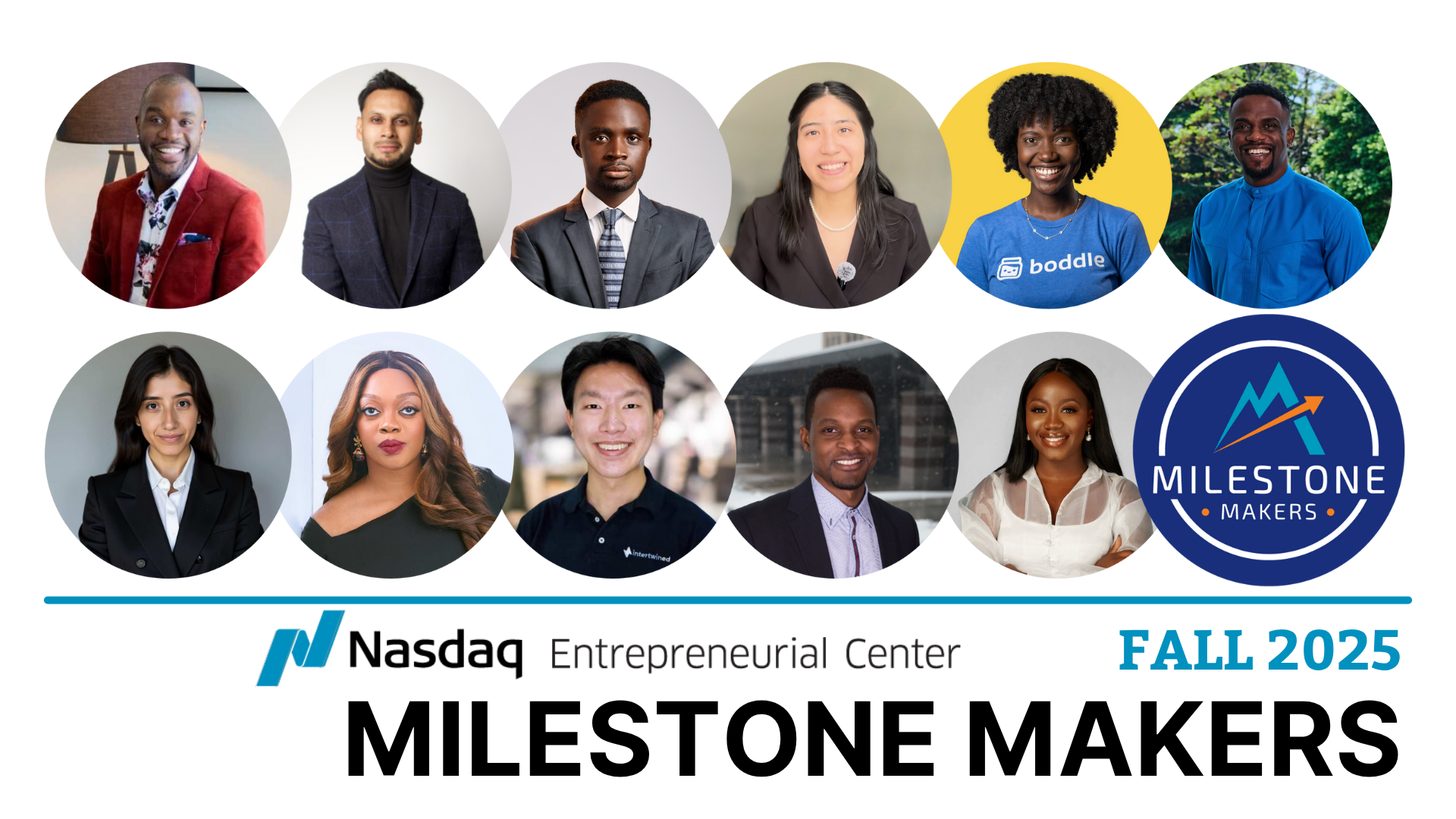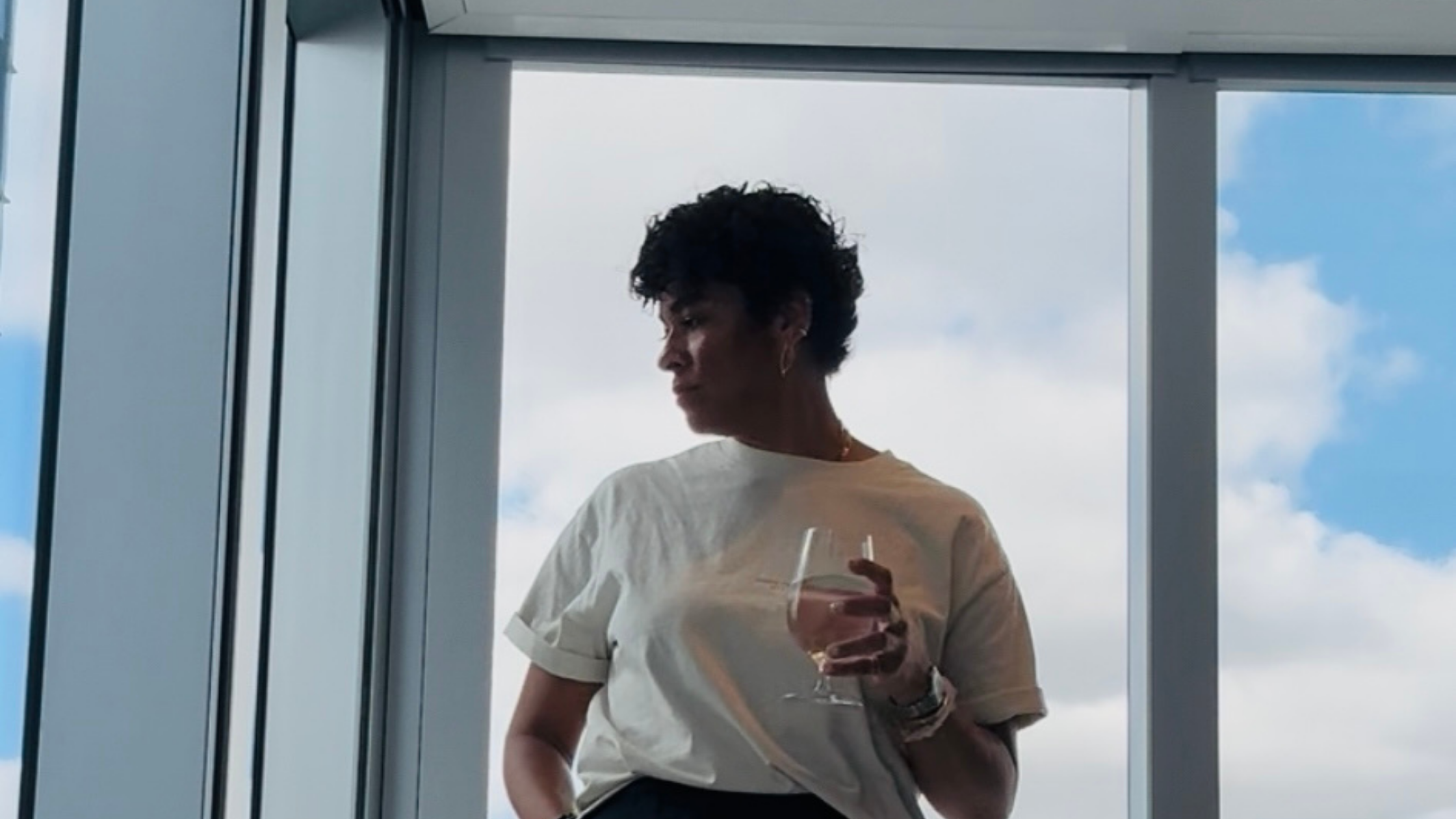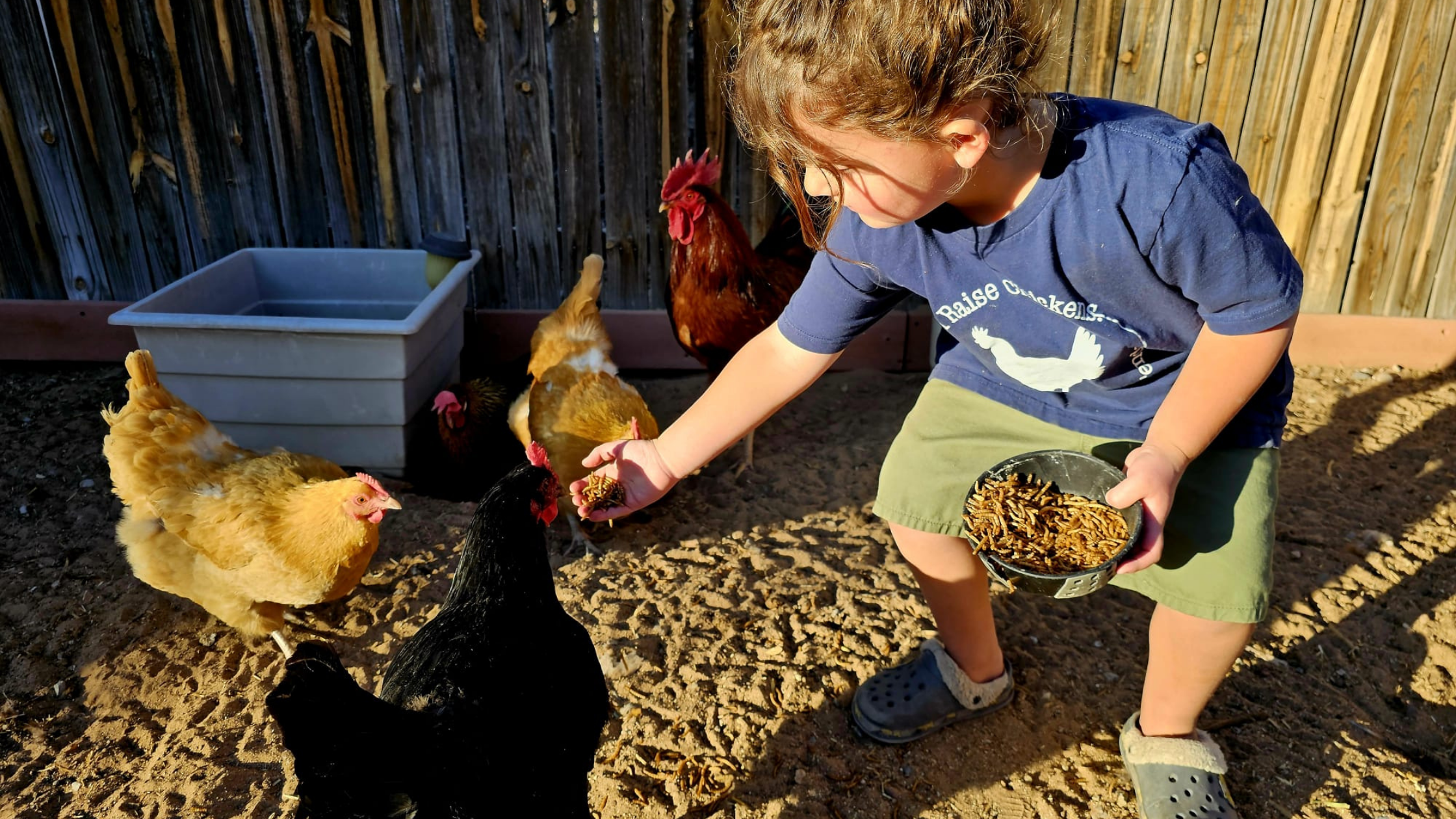Shishir Mehrotra is the co-founder and CEO of Coda. Coda is a new type of document that blends the flexibility of documents, the power of spreadsheets, and the utility of applications into a single new canvas. The Nasdaq Entrepreneurial Center took a moment to catch up with Shishir on his journey thus far.
What does “entrepreneurship” mean to you?
SM: To me, being an entrepreneur can be simultaneously one of the most exhilarating and back-breaking roles there is. I think the common element among entrepreneurs is that they see a unique view of the world that other people don’t yet share. And they are doggedly willing to invest time, energy and resources into making that world view a reality.
How did your company come to be?
SM: We started Coda with a simple observation: in a world full of apps and specialized workplace tools, why do all the teams we see still seem to run on documents and spreadsheets? And given that shift, why haven’t docs and spreadsheets been fundamentally updated since the 1970s? We decided to start from scratch and build a brand new doc that is customizable to meet every team’s needs.
What is the biggest experience or lesson gained on your journey so far?
SM: I believe that great businesses generally start with a simple thesis or observation of the world, and my biggest lesson has been understanding how to act upon a few simple observations. As an example: at YouTube, my frame for the YouTube opportunity was an observation that online video would do to cable what cable did to broadcast. I felt that we would go from three broadcast channels to hundreds of cable channels to millions of online channels – especially once anyone was able to broadcast to the world. This statement seemed crazy early on, but we based our full strategy on it and it turned out to be true. The Coda observation is actually quite analogous – that the world of software, like the video world, has been artificially divided between developers and users. I believe we’re about to enter a “maker generation” for software, where anyone can create the tools they need.
How is your company changing the landscape?
SM: As part of the rise of YouTube, we saw the rise of users, or “makers,” creating their own videos, selling their crafts on Etsy or even opening their own bed and breakfasts through Airbnb. In all instances, platforms stepped aside and allowed their communities of users to turn themselves into communities of makers. I think software is entering a new phase with its own version of the maker generation. People won’t want to buy one-size-fits-all solutions made by othersーthey’ll want to make it themselves. With Coda, we hope to blur the lines between developers and users and transition users from buyers to makers, allowing them to create their own tools.
What do you wish you knew when you started? Is there anything you would do differently?
SM: Although we had a sense of it when we started, our biggest learning on Coda has been how hard it can be to re-invent something that is so familiar to so many people. Documents are a surface that millions of people have gotten used to over the past four decades, so when we’re building Coda, we’re always evaluating whether to stick to familiar patterns or to introduce new concepts that we are excited about.
What advice/credo do you live by as you grow the business / what is your professional and personal mission statement?
SM: Don’t be afraid to question the status quo. It’s easy for the world to fall into patterns and stick to those just because they’re familiar. Finding better answers and better solutions often requires stepping back, questioning what we’ve gotten used to and then choosing what’s right over what’s familiar. At Coda, we’re reinventing familiar docs to make what’s right, and in the process, we apply “right over familiar” across our company as we examine everything from how meetings work to how we recruit. This is part of who I am: most people who know me describe me as someone who questions every system and framework as a way to accomplish current goals.
What’s it like to work alone or with your partners? What advice do you have for fellow entrepreneurs about building and leading teams?
SM: I’m always surprised to find people who want to try entrepreneurship on their own because it can be lonely. Entrepreneurship can feel like a roller coaster, where you have moments of flying high as well as near-death experiences. It can be a lot to handle on your own, so foster relationships with people through building trust and open communication. Those people can help keep you grounded and afloat while you’re on the roller coaster.
Where do you find inspiration when faced with challenges?
SM: I find inspiration from other entrepreneurs. In Silicon Valley, I’m surrounded by other entrepreneurs with their own challenges. Many choose to put on a positive face and refrain from sharing the less positive aspects of entrepreneurship, but I find that when we spend time with each other, we often find it easy to learn from each other’s successes and mistakes. It’s helpful to stay grounded and inspired to keep going.
What does “success” look like for you? What do you think will help you achieve it?
SM: My most satisfying work has been from working on products that challenge and expand the world in some way. With YouTube, it was memorable to give a voice to billions of creators. With Coda, I hope to give a new generation a platform to demonstrate their best ideas and put them in action. One of my friends and colleagues at YouTube, Hunter Walk, gave me this mantra that I try hard to follow: “Only work on things you want to be on your tombstone.”
What is your proudest and darkest moment so far? Share a key high and a key low from your journey, if you can.
SM: My proudest moment was launching Coda out of beta. When we started the company, I used the phrase, “Anyone can make a doc as powerful as an app.” At the time, only a handful of people understood what I meant, but shipping Coda to the general public allowed me to show others what I meant. In terms of low moments, the hardest moments are receiving discouraging signals when you’re just getting started. Our first alpha trial was with a six-person company where everyone churned on one day. Thankfully, the CEO gathered thoughtful feedback that we could use to improve our product, but losing 100% of your user base is not fun.
What lesson did 2018 have for you? What do you look forward to in 2019?
SM: I coach my two daughters on their Lego robotics team and they qualified for the world championship last year. Watching a group of girls ages 9-12 learn all the lessons of how teams form and come together to build something was amazing, and framed my lessons for 2018 around an expansive view of teamwork. In 2019, I’m looking forward to traveling with my family. My daughters are now old enough to enjoy different parts of the world and we have a few trips planned to expose them to as much culture as possible.
Many entrepreneurs continue to perfect their daily routines to support their work and greater vision; would you mind sharing your morning routine or a regular ritual that grounds your work each day?
SM: I start every day by tackling the most difficult task first. There’s a saying that’s often attributed to Mark Twain: “If it’s your job to eat a frog, it’s best to do it first thing in the morning and nothing worse will happen to you the rest of the day.” I organize my to-do list by starting each day with my “frog,” so once that’s out of the way, the rest of the day is easier.
What kind of an entrepreneur do you want to be known as, as in, what do you want your legacy to be?
SM: I want my legacy to be measured not by my direct achievements, but by the achievements of those I’ve worked with and helped along the way. This is something I’ve adopted from one of my early mentors, Bill Campbell. I asked him once how he measured his success and he said that he starts by making a list of all the people that he has coached, have worked for him, or has helped in some way, and looks at how many of them have found their own success. I’ve found this to be a helpful and grounding frame for my own value system.




